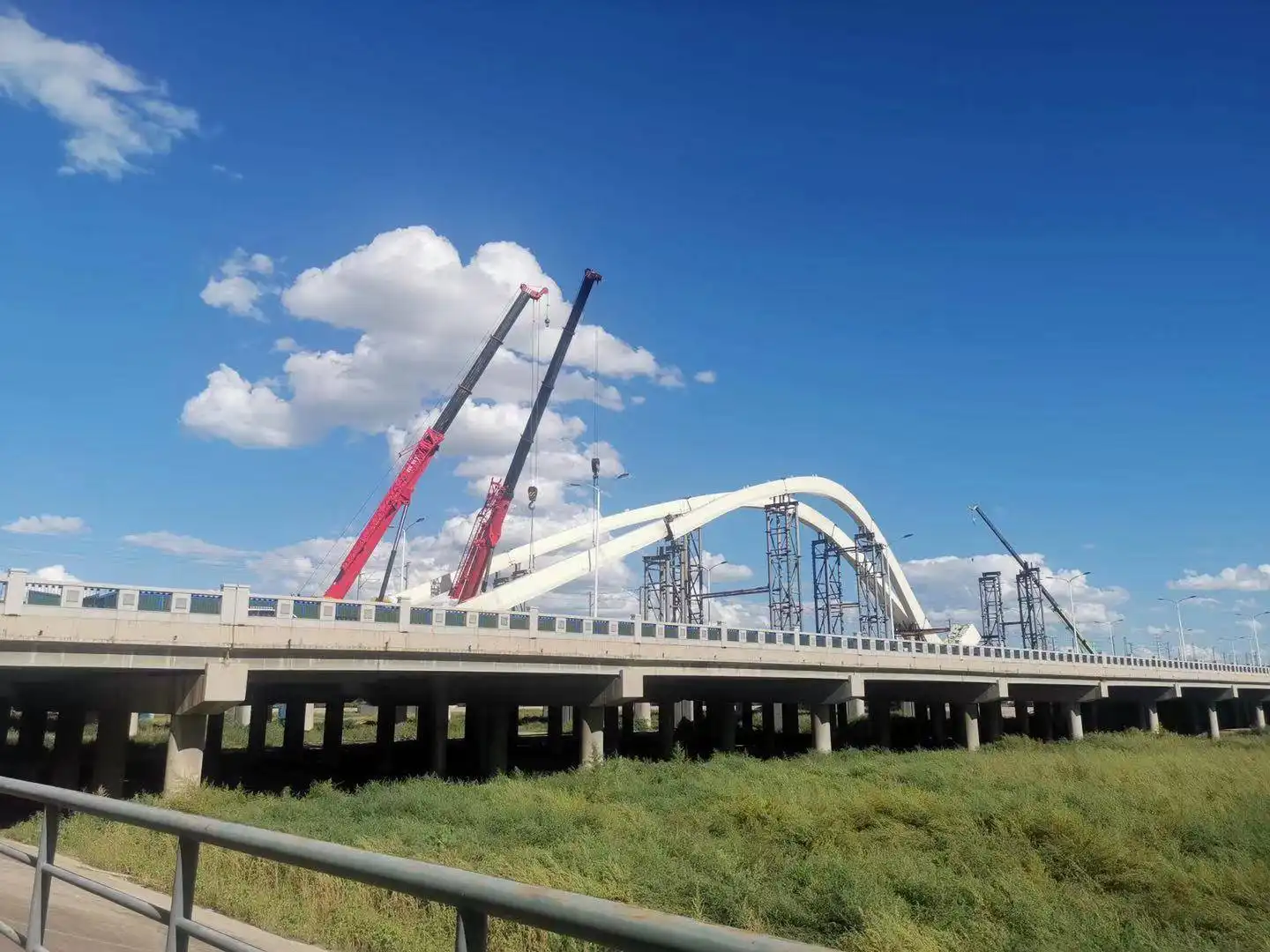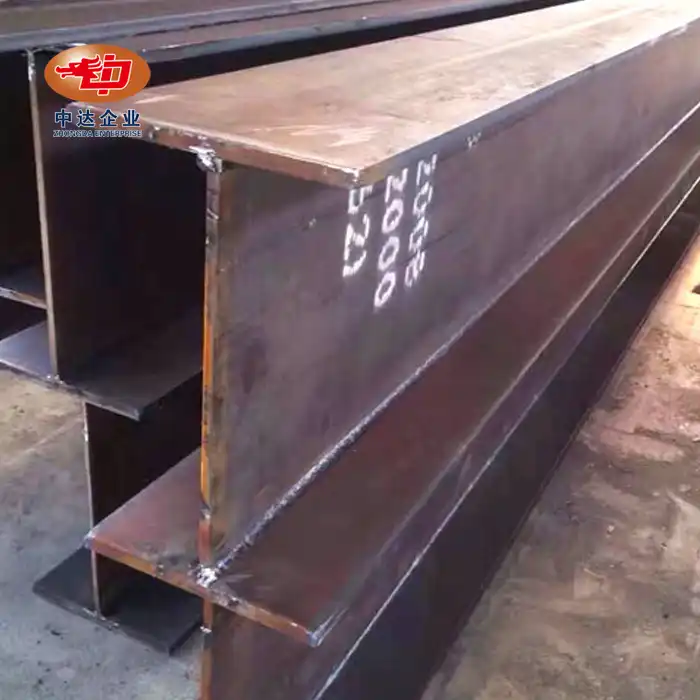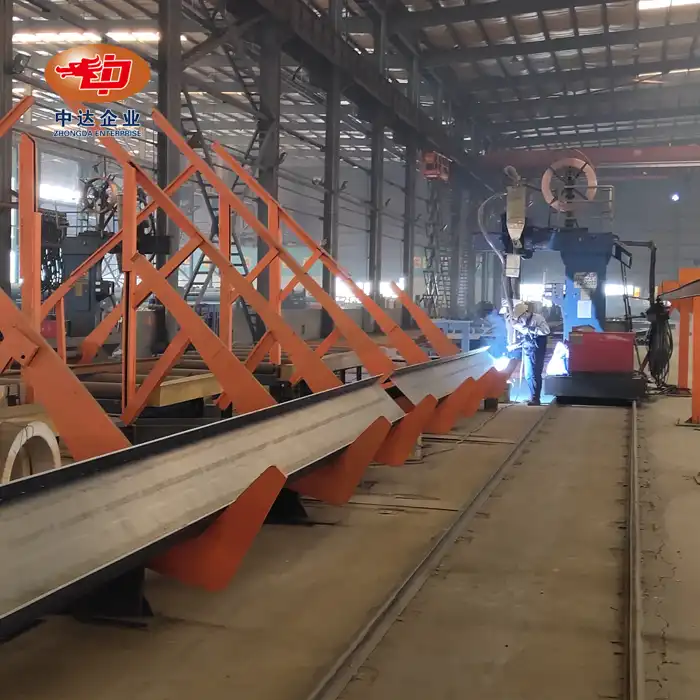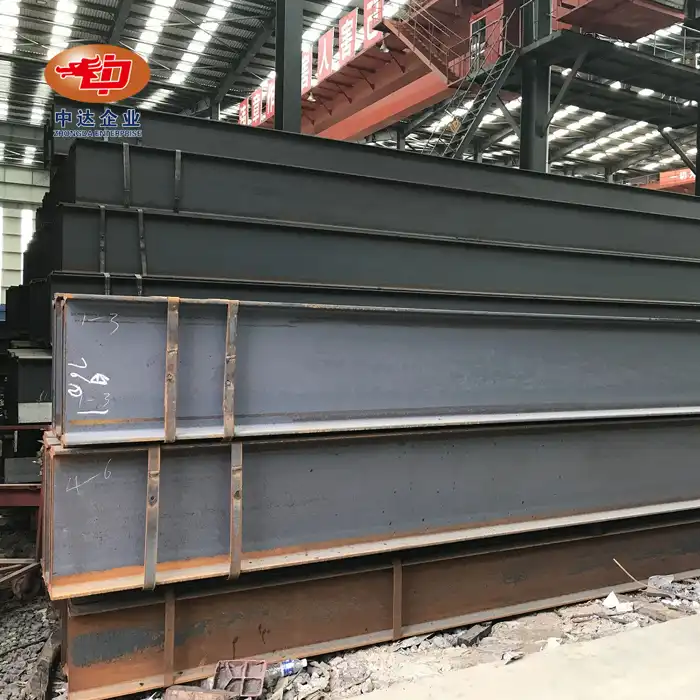Understanding Steel Grades in Cable-Stayed Bridge Design
The Importance of Steel Selection in Bridge Engineering
Choosing the right steel grade is a critical decision in bridge engineering. The selected material must withstand enormous loads, resist environmental stresses, and maintain structural integrity for decades. In cable-stayed bridges, where the main span can reach up to 800 meters or more, the demands on the steel are even greater. The steel must possess high tensile strength to support the weight of the deck and traffic loads, while also being resilient enough to withstand dynamic forces from wind and seismic activity.
Key Properties for Cable-Stayed Bridge Steel
Several key properties determine the suitability of steel for cable-stayed bridge construction:
- Yield strength: The ability to withstand stress without permanent deformation
- Tensile strength: The maximum stress the steel can endure before failure
- Fatigue resistance: The ability to withstand repeated loading cycles
- Fracture toughness: Resistance to crack propagation
- Weldability: Ease of joining steel components without compromising strength
- Corrosion resistance: Ability to withstand environmental degradation

Common Steel Grades Used in Bridge Construction
While several steel grades have been used in steel cable-stayed bridge construction over the years, some of the most common include:
- S355: A widely used structural steel with good strength and weldability
- S460: A higher strength grade often used in heavy-duty applications
- S690: An ultra-high-strength steel used in specialized applications
- Q345: A Chinese steel grade similar to S355, known for its good toughness
- Q420qE: A high-performance steel grade offering superior strength and durability
Q420qE Steel: The Game-Changer in Cable-Stayed Bridge Construction
Properties and Advantages of Q420qE Steel
Q420qE steel, developed by leading metallurgists, offers a unique combination of properties that make it exceptionally well-suited for cable-stayed bridge construction:
- High yield strength: With a minimum yield strength of 420 MPa, Q420qE can withstand significant loads without deformation
- Excellent toughness: It maintains its strength even at low temperatures, crucial for bridges in diverse climates
- Superior weldability: Allows for efficient fabrication and assembly of bridge components
- Enhanced corrosion resistance: Helps extend the lifespan of the bridge and reduce maintenance costs
- Improved fatigue performance: Ensures long-term structural integrity under dynamic loads

Applications of Q420qE Steel in Cable-Stayed Bridges
Q420qE steel finds application in various critical components of steel cable-stayed bridges:
- Cable towers: The high strength allows for slender, aesthetically pleasing tower designs
- Bridge decks: Enables longer spans and reduces the overall weight of the structure
- Anchorage systems: Provides robust support for the stay cables
- Structural members: Used in girders, crossbeams, and other load-bearing elements
Case Studies: Successful Implementation of Q420qE Steel
Several notable projects have successfully utilized Q420qE steel in their construction:
- Shenyang Dongta Cross-Hunhe River Bridge: This impressive structure incorporates 18,000 tons of steel, with Q420qE playing a crucial role in its design
- Jingha Expressway expansion project: Q420qE steel was used to enhance the structural integrity of multiple bridges along this major transportation route
- Various cable-stayed bridges for China Railway, CSCEC, and CCCC: These projects showcase the versatility and reliability of Q420qE steel in diverse bridge applications
Comparing Q420qE Steel with Other High-Performance Steel Grades
Q420qE vs. S355: Strength and Durability
When comparing Q420qE to the widely used S355 grade, several key differences emerge:
- Yield strength: Q420qE offers a minimum yield strength of 420 MPa, compared to 355 MPa for S355
- Tensile strength: Q420qE typically has a tensile strength of 520-670 MPa, while S355 ranges from 470-630 MPa
- Toughness: Q420qE maintains better toughness at low temperatures, making it suitable for a wider range of environments
- Weldability: Both grades offer good weldability, but Q420qE's higher strength allows for potential material savings in design
Q420qE vs. S460: Performance in Demanding Applications
Comparing Q420qE to the higher-strength S460 grade reveals some interesting insights:
- Yield strength: S460 has a slight edge with a minimum yield strength of 460 MPa, compared to 420 MPa for Q420qE
- Corrosion resistance: Q420qE generally offers better corrosion resistance, which can be crucial in coastal or high-humidity environments
- Cost-effectiveness: While S460 may allow for slightly lighter structures, Q420qE often provides a better balance of properties and cost
- Availability: Q420qE is becoming increasingly available, making it a more accessible option for many projects
Future Trends: Innovations in Steel for Cable-Stayed Bridges
As bridge engineering continues to evolve, we can expect to see further innovations in steel grades for steel cable-stayed bridges:
- Development of ultra-high-strength steels with yield strengths exceeding 800 MPa
- Integration of nanotechnology to enhance steel properties at the molecular level
- Advanced corrosion-resistant coatings and treatments to extend bridge lifespans
- Smart steel alloys capable of self-monitoring and reporting structural health
- Sustainable steel production methods to reduce the environmental impact of bridge construction
Conclusion
Q420qE steel has emerged as a superior choice for cable-stayed bridge construction, offering an optimal balance of strength, durability, and performance. Its unique properties allow for innovative designs, longer spans, and reduced maintenance costs. As the demand for efficient and resilient infrastructure continues to grow, Q420qE steel is poised to play an increasingly important role in shaping the future of bridge engineering. By choosing this high-performance steel grade, engineers and project managers can ensure their cable-stayed bridges stand the test of time, providing safe and reliable transportation for generations to come.
Contact Us
Ready to elevate your cable-stayed bridge project with cutting-edge steel solutions? Look no further than Zhongda Steel. Our expertise in Q420qE steel cable-stayed bridge construction, coupled with our state-of-the-art manufacturing capabilities, ensures your project will benefit from the latest advancements in bridge engineering. Experience the perfect blend of strength, durability, and innovation that only Zhongda Steel can deliver. Contact us today at Ava@zd-steels.com to discuss how we can bring your visionary bridge project to life.














